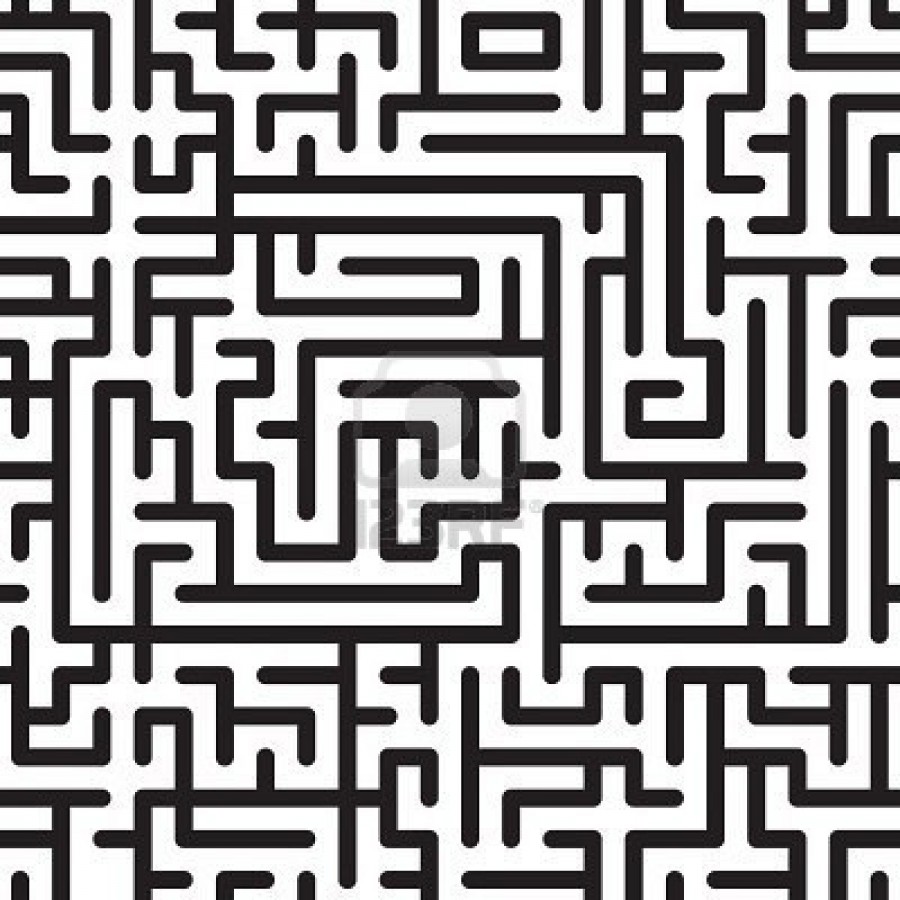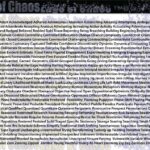The history of mankind can be understood through our reactions to complexity in the pre-machine, primitive machine, industrial and information technology eras.
In the the pre-machine era, complexity arose from our familiar surroundings and the challenge of feeding, nuturing and protecting ourselves and our groups. The immediacy of these challenges and the limited opportunities or hazards for travel and communication. Complexity asserted itself through the mysteries of illness, the vagaries of the weather, and other acts of God. Complexity was something accepted and tholed in equal measure and it was something that was not questioned.
In the primitive machine era – wheels, tools and similar simple machines offered opportunities, without greatly increasing the obvious presence of complexity at work. Machines simplified life in many respects. Complexity was still considered in fatalistic terms as an occasional harbinger of trouble, or occasionally good fortune.
In the industrial era, automation, factories, the move from the land to the cities saw enormous change. The machines of this era enormously increased the opportunities for many and changed the lives of all living in industrialized countries. For the owners of these machines and those able to pay for the products and services arising from these machines, their benefits outweighed the increase in the complexity that accompanied them. Work, for those tending these machines was routinized and predictable and relatively well paid. Indeed these jobs, especially those on conveyor belts were routinised to the point of monotony. Complexity was seen as being under our control and potentially tamed with the application of science, technology and engineering. Complexity could be reduced to simple building blocks and simple models of human behavior. The clarion call was “Keep it simple”.
It has been the information technology era that has really made obvious the complexity that has always lurked in the shadows of life. The rapid rise in communications technology allied to jet planes has made the notion of our group go from those we live close to, to practically anybody and everybody on the globe. The impacts of our decisions and the decisions of others can not so much ripple around the world, as to shake our world to its foundations.
An argument lost in a teleconference in Brussels can lead to a whole office of workers losing their jobs in Athens, Melbourne, or Detroit. A technology developed in California can lead within months to the employment of hundreds of thousands in China.
The term “complexity” has been used increasingly over the last decade by theoreticians, politicians and practitioners to describe the world we live in. Complexity is now beginning to be seen once again as more inevitable and more regularly intrusive into our supposedly ordered existence. Except increasingly people are beginning to appreciate the nature of complexity and how it is the very complex nature of things that provides opportunities and hope as well as being a source of unwanted influences.
The characteristics of complexity are set out in the Chaos Theory of Careers (e.g. Pryor and Bright, 2011) and include, inherent long term unpredictability, sudden and disproportional changes, and stability arising only from continual change.
The challenges of complexity for careers include: moving beyond a reliance on control and predict methodologies of planning and goal setting; a realization of the limits of our ability to control and predict the future; the development of personal strategies promoting opportunity awareness on one hand; and persistence and resilience on the other; the promotion of personal and corporate creativity and innovation to provide the momentum for the continual change that in turn permits a form of stability.
The greatest challenge confronting practitioners assisting individuals or organizations in developing successful working lives or businesses is to help them understand complexity and to thrive on complexity. The clarion today is “Confront the complex!”
Related Posts








